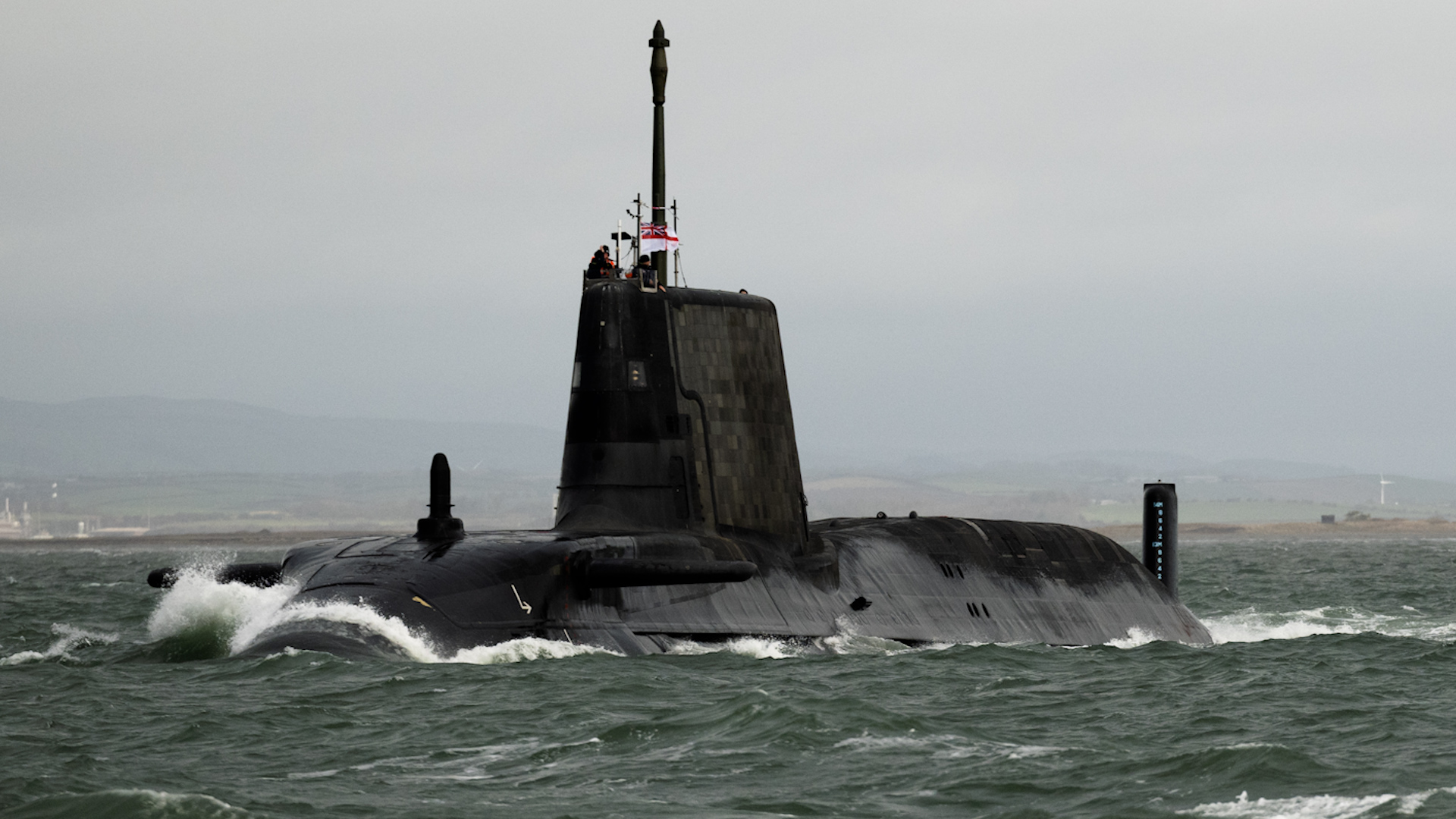
UK, US and Australia discuss cyberspace and uncrewed platforms in future of Aukus

The Aukus defence partnership between the UK, Australia and the US has entered a new phase with discussions over how to advance new programmes on threat detection, quantum technology and autonomous systems.
UK Defence Secretary Grant Shapps, US Secretary of Defense Lloyd Austin and Richard Marles MP, Deputy Prime Minister and Minister for Defence, Australia, met in California to discuss the enhanced security partnership and how to counter global threats and challenges.
The ministers highlighted exceptional progress made on the first pillar of the programme – which will mean Australia will acquire a conventionally-armed, nuclear-powered submarine capability, SSN-Aukus, which will also be used by the UK.
The Aukus deal aims to create what is likely to be the largest, most advanced, and most powerful nuclear-powered and conventionally armed attack submarine ever operated by the Senior Service.
Beyond the co-operation on the development of nuclear submarines, the second pillar of Aukus will involve collaboration in several key areas.
Future combined exercises will enable the nations to collaborate, improve capability development and test uncrewed platforms.
The programme will strengthen cyber capabilities, including protecting critical communications and operations systems.
Anti-submarine warfare capabilities will be enhanced through the joint processing and sharing of data across multiple systems.
The partners will integrate the ability to launch and recover undersea vehicles from existing submarines and quantum technologies will be developed to support global positioning and enhance stealth in undersea capabilities.
UK Defence Secretary, Grant Shapps said: "Today Aukus enters a new phase. Together with our partners in the US and Australia we have strengthened our alliance to bring our Armed forces closer than ever and ensure our nations are protected from new and advanced threats.
"As the world becomes more dangerous, Aukus only becomes more important in ensuring the UK and our allies maintain a strategic advantage. That's why we've today driven forward joint programmes on threat detection, quantum technology and autonomous systems.
"This progress will radically improve our shared ability to tackle emerging threats and demonstrates our commitment to making our militaries more lethal, more connected and more prepared."









